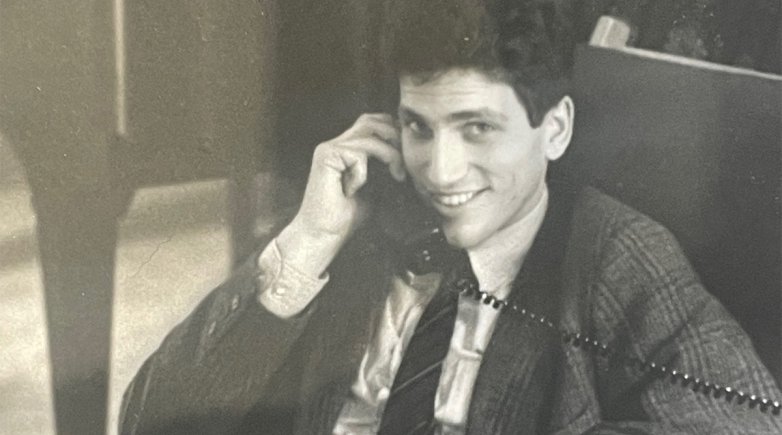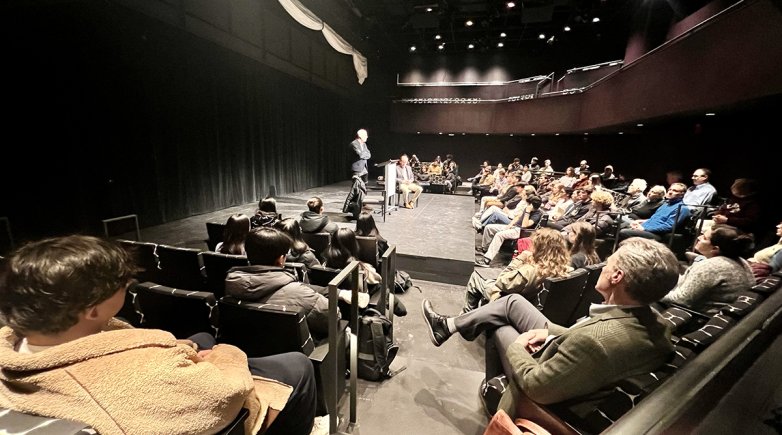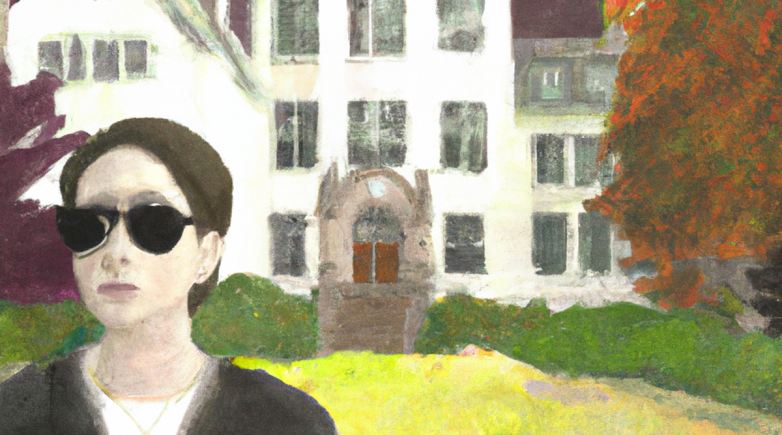Civil engagement: the Paul Klebnikov '81 Memorial Lecture Series
The class of 1981 endowed the Paul Klebnikov ’81 Memorial Lecture Series in 2005 to honor their classmate who was murdered in Moscow soon after becoming editor in chief of the Russian edition of Forbes. According to the deed of gift, the fund is to be used to “bring a speaker to the Exeter campus once during each academic year under the auspices of the Academy’s History Department to address
a subject of current relevance to societies in transition.” Its overarching goal is to “challenge the students at the Academy to think about the factors which contribute to the evolution of civil society, and to cultivate the courage, enthusiasm, idealism, sacrifice, curiosity, loyalty and optimism which [Klebnikov] exemplified in his life.”
At the class’ 25th reunion in May 2006, Jonathan Karp ’80 delivered the inaugural Klebnikov Memorial Lecture in Assembly Hall. Then a correspondent for The Wall Street Journal, Karp spoke about his career in journalism, and memorialized Klebnikov as well as his Journal colleague Daniel Pearl, who was kidnapped and killed by Muslim extremists in Pakistan in 2002. “Journalistic courage — often glamorized by a correspondent dropping into a battlefield — comes rather from the conviction to stand by the facts that we uncover, and to resist intimidation,” Karp told the audience. “If anything, the deaths of Paul and Danny are reminders of the dangers to journalists working well outside of any battle zone.”
Klebnikov lecturers have included Maura Reynolds ’81, a journalist for Bloomberg News at the time, and Tom Gjelten, then a correspondent for National Public Radio. After an extended break during the COVID-19 pandemic, the series resumed this year, and History Department Chair Kent A. McConnell is hoping it can again become an annual or biannual tradition.
“I think it’s incumbent upon the faculty to see this as not only an opportunity for students, but also one for their own professional development to learn more about [other] subjects and perspectives,” McConnell says. He sees engagement with outside experts in various fields as part of what keeps Exeter a vibrant, flexible intellectual and educational community — and not just for students.
“My course on Understanding Violence, War and Peace will look a little different next year, I think,” McConnell says. “The readings I select will develop some concepts, not only based on Andrew’s visit, but also based on what history unfolds before us” concerning the war in Ukraine.
As part of its tribute to Klebnikov, the class of 1981 also installed a more permanent memorial for Exeter students to enjoy: a dedicated bench in front of Webster Hall. Andy Bernard ’81 remembers sitting on a similar bench with Klebnikov, his dormmate and friend, for hours on sunny afternoons, talking and observing passers-by. “At the time, those benches weren’t fixed, so you could tilt them back,” Bernard recalls. “The object was to balance moving back on the bench perfectly and then comment on the world going by.”
Editor's note: This article was originally published in the Spring 2024 issue of The Exeter Bulletin.



